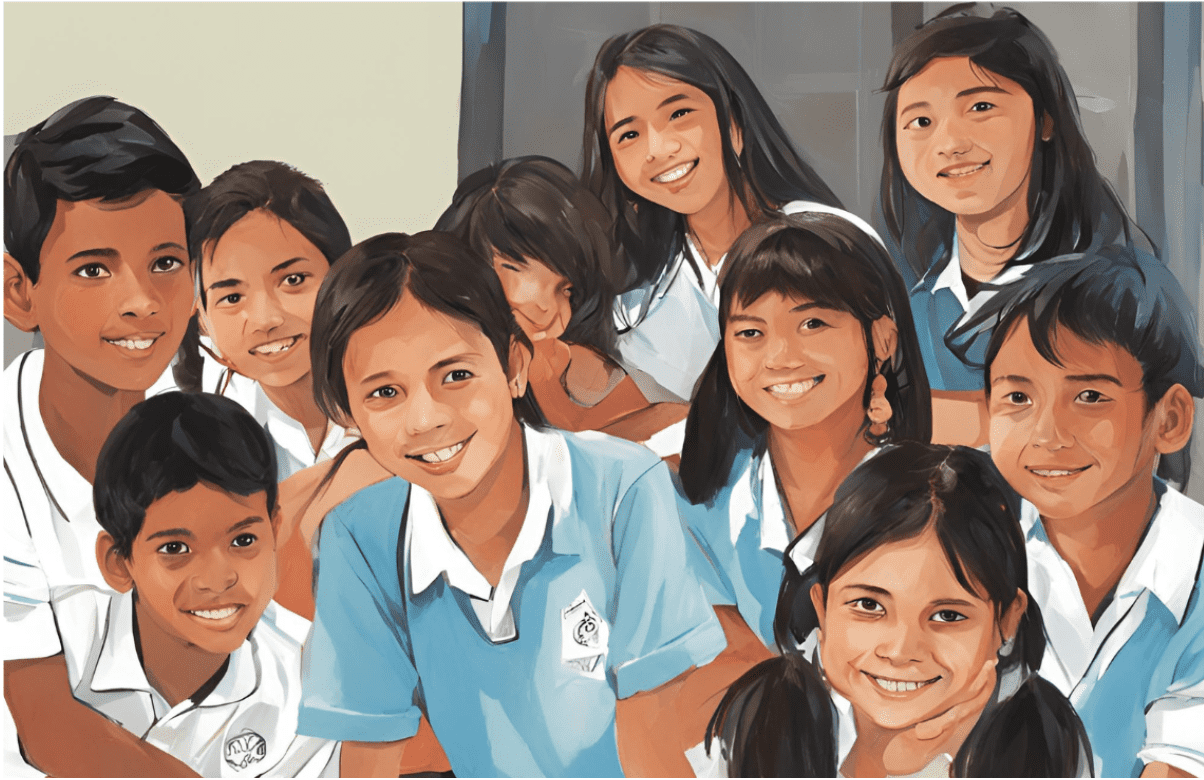Digitising Adolescent community program using Avni
June 25, 2024 by The Avni Team

Adolescence is a pivotal phase characterised by rapid physical, emotional, and cognitive development. This period involves significant changes such as puberty, increased independence, and the establishment of lifelong health habits, making effective interventions crucial. The Avni MIS tool supports these needs by streamlining data collection and enabling data-driven decisions. In this blog, we explore how SEWA Rural and Jashoda Narottam Public Charity Trust (JNPCT) leverage Avni to enhance their adolescent health programs, utilising data analytics to understand trends, monitor outcomes, and make informed decisions to improve their services.
SEWA Rural: Empowering Adolescents in Rural India
SEWA Rural, based in Jhagadia, Gujarat, excels in rural health and development. Their adolescent health program addresses key areas like reproductive health, nutrition, and mental health through preventive care and health education.
Health Education
SEWA Rural conducts regular sessions in schools and communities covering topics like puberty, menstrual hygiene, and nutrition. These sessions empower adolescents with essential health knowledge, fostering informed and healthy lifestyles.
Nutritional Support
To combat malnutrition, SEWA Rural provides supplements and education on balanced diets, helping adolescents understand the importance of proper nutrition for growth and development.
Reproductive Health Services
Offering counselling and health services related to menstrual hygiene and other reproductive issues, SEWA Rural equips adolescents with the information and support needed for responsible health decisions.
Mental Health Initiatives
Their mental health efforts include workshops and counselling on stress management and coping strategies, building resilience and emotional strength among adolescents.
Using Avni for Enhanced Program Delivery
SEWA Rural uses Avni to collect data during health education sessions, track nutritional status, and monitor reproductive health metrics. This approach allows them to customise interventions based on specific community needs. Avni’s real-time analytics provide insights that help SEWA Rural evaluate its program’s impact, identify gaps, and refine strategies for better outcomes. Benefits include improved data quality for large groups (25,000+ children), established data rules, easier analysis, better follow-up for at-risk children, and enhanced program management, leading to better overall outcomes.
Jashoda Narottam Public Charity Trust (JNPCT): Holistic Adolescent Development
JNPCT, also in Gujarat, focuses on improving health and education in underserved communities. Their adolescent health program adopts a holistic approach, targeting physical, emotional, and social well-being.
Health Screenings
JNPCT conducts regular health camps to detect common adolescent health issues like anaemia, vision problems, and dental health. Early detection and treatment enhance overall well-being.
High-risk Adolescents
Defined parameters in Avni help to identify the adolescents at high risk based on anaemic severity, menstrual hygiene and malnutrition status. For such cases, extra care is being provided by the JNPCT team through rigorous follow-ups and medical support.
Life Skills Training
Their workshops cover critical areas such as communication, decision-making, and leadership, equipping adolescents with essential skills for personal and professional growth.
Support Networks
JNPCT creates peer support groups and provides counselling services, offering adolescents a platform to share experiences and seek emotional support.
Family Engagement
Involving families through sessions with parents and caregivers fosters a supportive environment extending into the home, enhancing the impact of their programs.
Conclusion
JNPCT and SEWA Rural use Avni to record and track health screening results, manage workshop attendance, and monitor the progress of support networks. Avni’s offline capabilities are particularly beneficial for JNPCT’s operations in remote areas, ensuring continuous data flow and effective program monitoring. Data insights from Avni enable JNPCT to tailor interventions, optimise resources, and measure the impact of their holistic approach to adolescent development.
Providing nutritional support and comprehensive health screenings, these programs address critical issues like malnutrition and common adolescent health problems, ensuring adolescents receive the necessary care for their growth and development.
By involving families in their programs, SEWA Rural and JNPCT extend the benefits of their interventions into the home, ensuring consistent support and guidance for adolescents. Overall, these programs contribute to a healthier, more empowered generation of adolescents, equipped to face the challenges of adolescence and beyond.